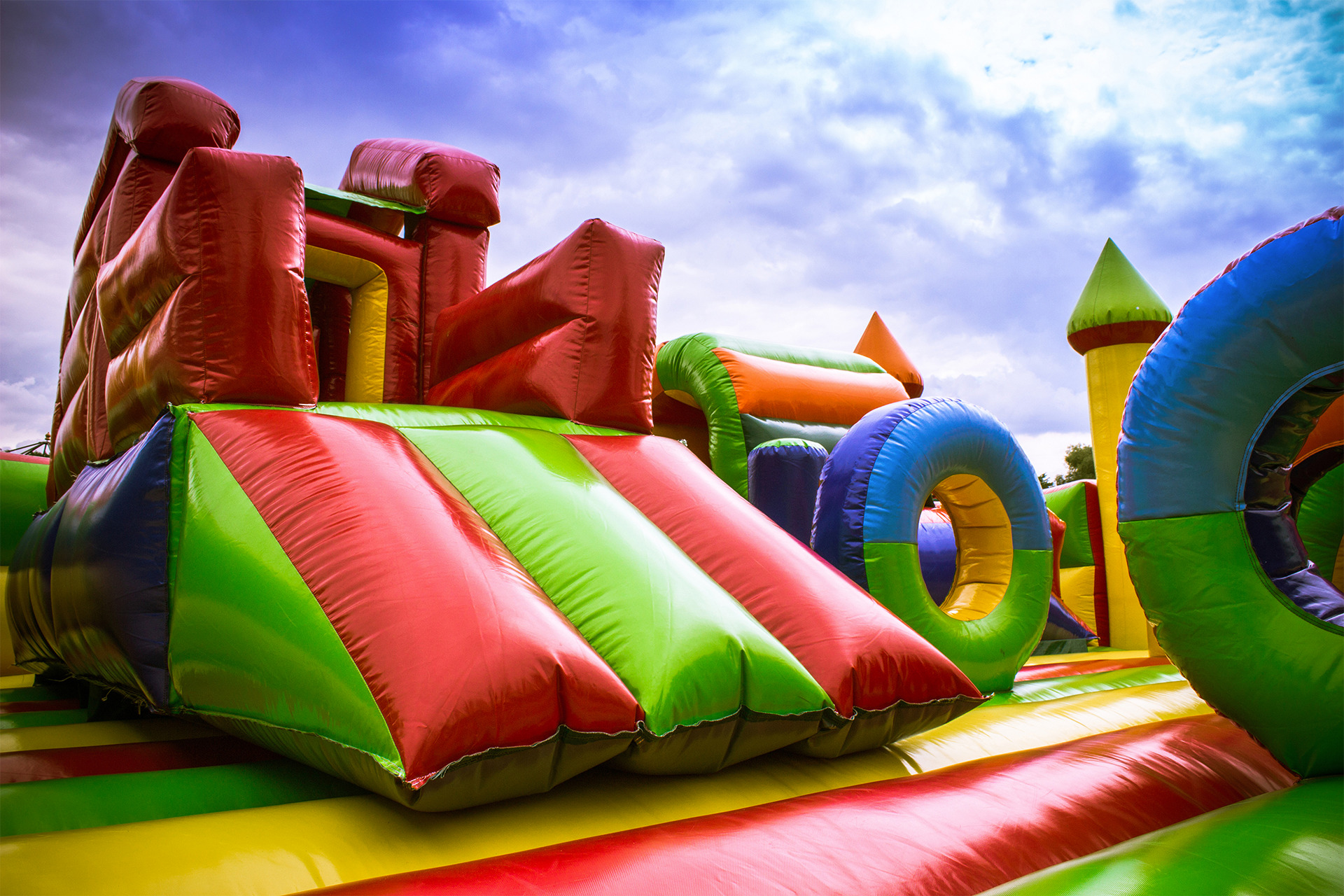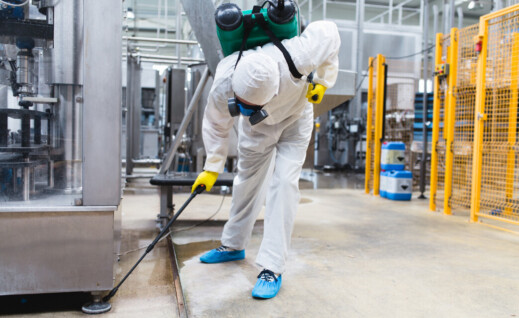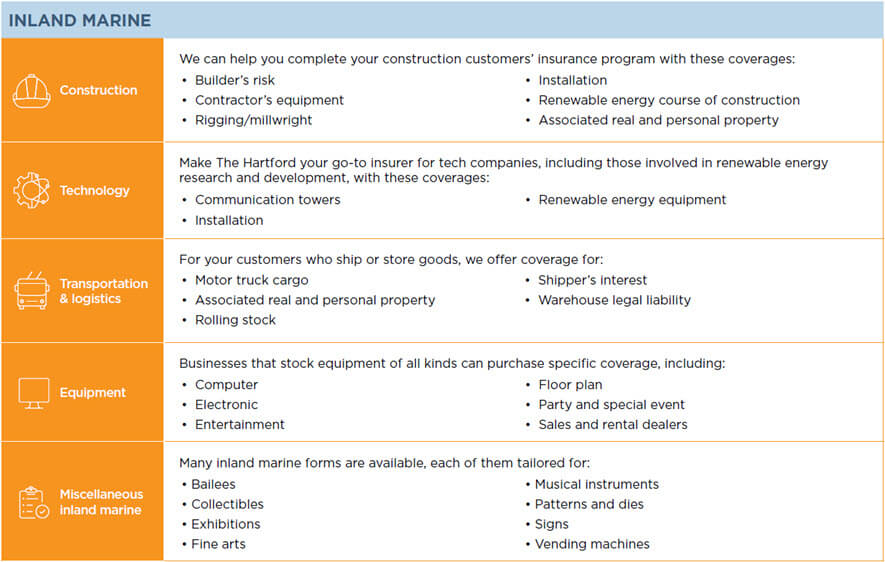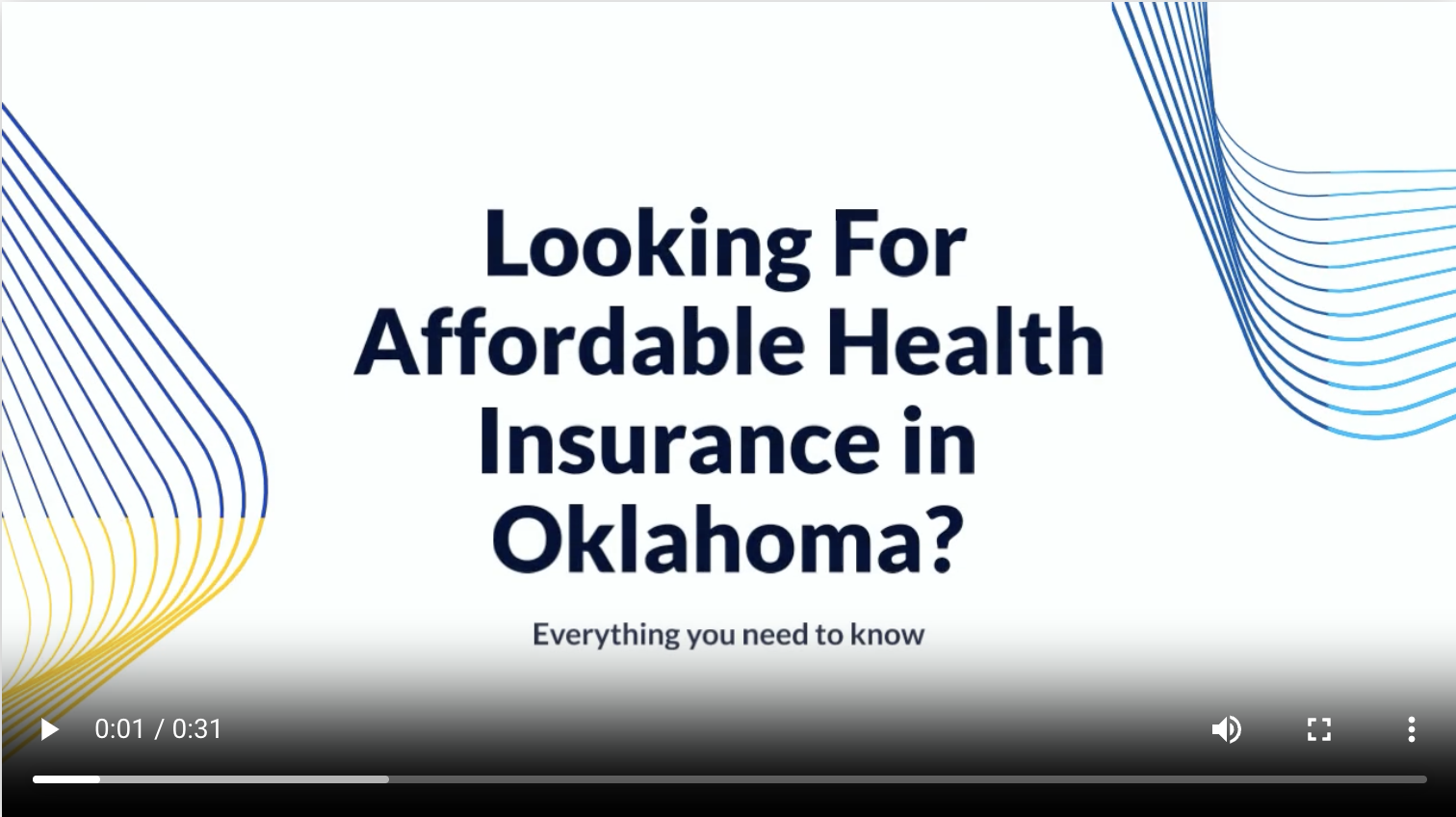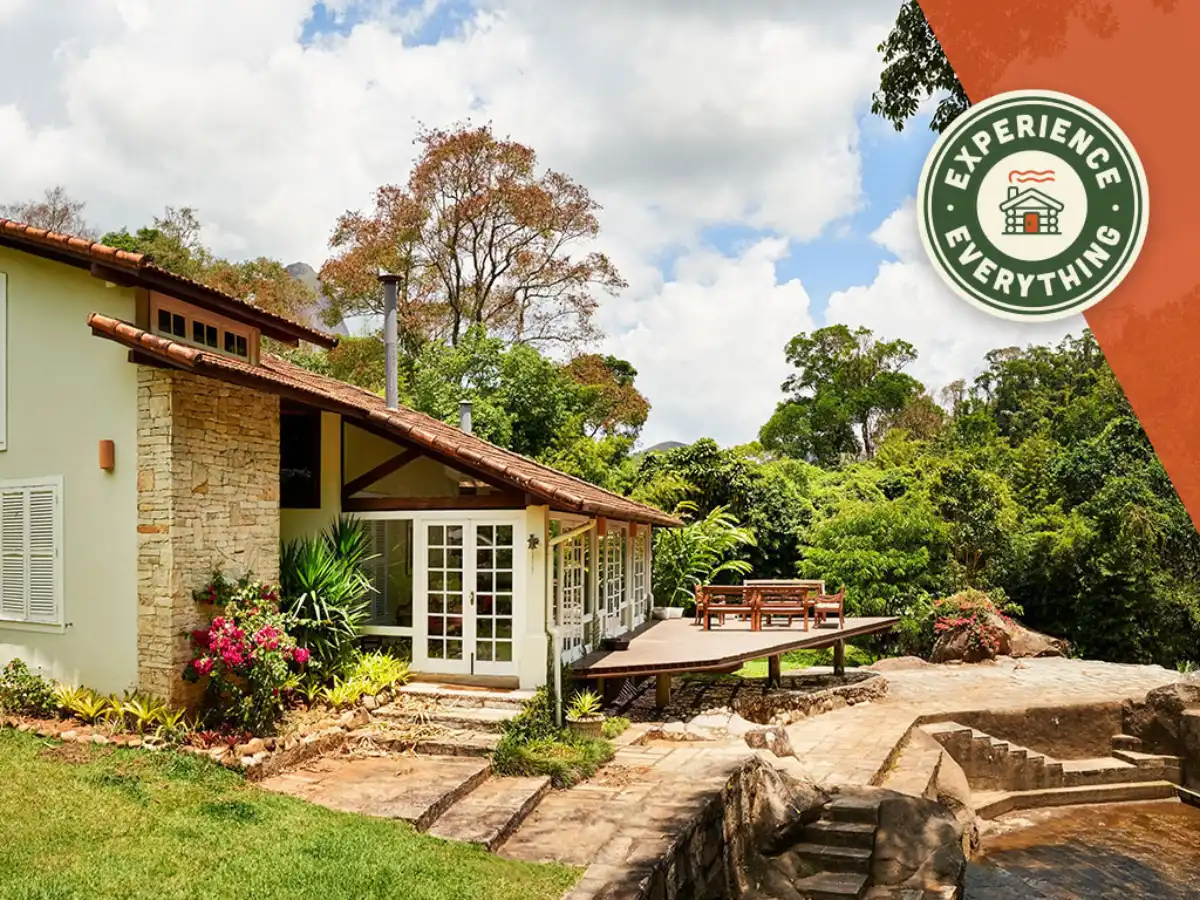Operating a bounce house business can be a rewarding venture, but it also comes with significant risks that require proper insurance coverage. Accidents, property damage, or liability claims can quickly turn a profitable event into a financial burden. Having the right insurance policies in place protects your investment, safeguards your clients, and ensures compliance with legal and venue requirements. From general liability to equipment insurance, understanding the essential coverage options is critical for long-term success. This article explores the must-have insurance policies for bounce house business owners, helping you make informed decisions to minimize risks and keep your operation running smoothly.
Why Your Bounce House Business Needs Essential Insurance Coverage
1. Understanding the Risks of Operating a Bounce House Business
Running a bounce house business involves significant risks, including injuries to customers, property damage, and equipment malfunctions. Without proper insurance, you could face costly lawsuits or financial losses. Liability claims can arise from slips, falls, or even weather-related incidents during events. Insurance protects your assets and ensures peace of mind.
| Potential Risk | Insurance Solution |
|---|---|
| Customer injuries (e.g., falls) | General Liability Insurance |
| Equipment damage or theft | Commercial Property Insurance |
2. Types of Insurance Policies for Bounce House Businesses
Different insurance policies serve specific needs for your business. General Liability Insurance is the most critical, covering third-party injuries or property damage. Commercial Property Insurance protects against loss or damage to your inflatables. Additionally, consider Commercial Auto Insurance if you transport equipment, and Workers’ Compensation if you have employees.
| Insurance Type | Key Coverage |
|---|---|
| General Liability | Customer injuries, property damage |
| Commercial Property | Bounce house damage or theft |
3. How Much Does Bounce House Insurance Cost?
Insurance costs vary depending on factors like business size, coverage limits, and location. Typically, General Liability Insurance ranges from $400 to $1,200 annually. Higher-risk activities or larger operations increase premiums. Bundling policies (e.g., Liability + Property) may reduce costs. Always compare quotes to find the best value.
| Factor | Impact on Cost |
|---|---|
| Number of Units | More units = higher premium |
| Claims History | Past incidents increase rates |
4. Steps to Get the Right Insurance Policy
To secure the best coverage, follow these steps: Assess risks (e.g., customer safety, equipment exposure), research insurers specializing in event or rental businesses, and compare coverage options. Review policy exclusions (e.g., extreme weather events). Ensure your insurer understands the unique needs of bounce house operations.
| Step | Action Required |
|---|---|
| Risk Assessment | Identify potential liabilities |
| Policy Comparison | Evaluate multiple quotes |
5. Common Claims and How Insurance Protects Your Business
Frequent claims in the bounce house industry include injury lawsuits (e.g., broken bones), equipment damage (e.g., punctures), or event cancellations. Insurance covers legal fees, medical bills, and repair costs. Without it, a single claim could bankrupt a small business. Policies like General Liability or Inland Marine (for equipment) are vital safeguards.
| Claim Type | Insurance Protection |
|---|---|
| Customer Injury | Liability covers medical expenses |
| Equipment Failure | Property insurance funds repairs |
What kind of insurance do I need for a bounce house business?

General Liability Insurance for Bounce House Businesses
General Liability Insurance is essential for a bounce house business as it covers third-party claims related to bodily injury or property damage. For example, if a customer gets injured while using your bounce house or their property is damaged during setup, this insurance helps cover legal fees, medical expenses, and settlements.
- Bodily Injury Coverage: Protects against claims if a customer is injured while using your equipment.
- Property Damage Coverage: Covers damages caused by your bounce house to a client’s property (e.g., a rented venue).
- Legal Defense Costs: Helps pay for attorney fees and court costs if you are sued.
Commercial Auto Insurance for Transportation
If you transport bounce houses to events, Commercial Auto Insurance is necessary. Personal auto insurance typically does not cover accidents or damages while using your vehicle for business purposes. This policy ensures protection against collisions, theft, or liability while driving for work.
- Collision Coverage: Pays for damages to your vehicle in case of an accident.
- Liability Coverage: Covers injuries or property damage you cause to others.
- Cargo Insurance: Protects the bounce houses and other equipment being transported.
Equipment and Inland Marine Insurance
Since bounce houses are valuable and at risk of damage or theft, Equipment Insurance (or Inland Marine Insurance) is crucial. It covers repairs or replacements if your inflatables are damaged during transport, storage, or use.
- Damage Protection: Covers repair costs for accidental tears, punctures, or weather damage.
- Theft Coverage: Reimburses you if your equipment is stolen from a job site or storage.
- Off-Premises Coverage: Ensures protection even when equipment is not at your primary business location.
What licenses do you need for a bounce house rental?

General Business License Requirements
To operate a bounce house rental business, you typically need a general business license issued by your local city or county government. This ensures your business is legally recognized and complies with local regulations. Some key points include:
- Local permits: Most cities require a basic license to operate any business, including rentals.
- Tax identification: You may need an Employer Identification Number (EIN) if you plan to hire employees.
- Zoning approval: Some areas have zoning laws that restrict where you can store or operate inflatable equipment.
Specialized Bounce House Permits and Insurance
Beyond a general license, bounce house rentals often require additional permits and insurance due to safety concerns. These ensure compliance with industry standards and protect customers. Important considerations include:
- Liability insurance: Mandatory in most states to cover accidents or injuries during use.
- Inflatable safety certifications: Some jurisdictions require proof of compliance with ASTM or other safety standards.
- Event permits: Temporary permits may be needed for public events or large gatherings.
State and Regional Compliance Requirements
Licensing for bounce house rentals varies by state, with some requiring specialized rental licenses or inspections. These ensure adherence to regional safety laws. Key aspects include:
- State business registration: Some states require separate registration for rental businesses.
- Safety inspections: Regular checks may be mandated to certify equipment condition.
- Sales tax permits: Required if your state taxes rental services or retail transactions.
Frequently Asked Questions
What types of insurance are essential for a bounce house business?
General liability insurance is the most critical coverage for a bounce house business, as it protects against claims of property damage or bodily injury caused by your inflatables. Additionally, commercial property insurance can safeguard your equipment, while business interruption insurance helps if an unexpected event forces you to halt operations. Depending on your location, workers’ compensation insurance may also be required if you have employees.
Why is liability insurance important for my bounce house rental company?
Liability insurance is vital because it covers legal and medical expenses if a customer is injured while using your bounce house or if their property is damaged. Without it, your business could face significant financial losses from lawsuits. Many venues and event planners also require proof of liability insurance before allowing you to operate, making it essential for credibility and client trust.
How much does insurance for a bounce house business typically cost?
The cost varies based on factors like coverage limits, location, and the number of inflatables you own. On average, general liability insurance can range from $500 to $2,000 annually, while a full policy with property and equipment coverage may cost upwards of $3,000 per year. Always compare quotes and tailor your policy to avoid overpaying for unnecessary coverage.
Does bounce house insurance cover incidents during setup and takedown?
Yes, a comprehensive liability insurance policy typically covers incidents that occur during setup, operation, and takedown of your bounce houses. However, you must confirm with your provider that off-premises accidents are included. Some policies may require additional endorsements for full protection, especially if you frequently transport equipment to various locations.
